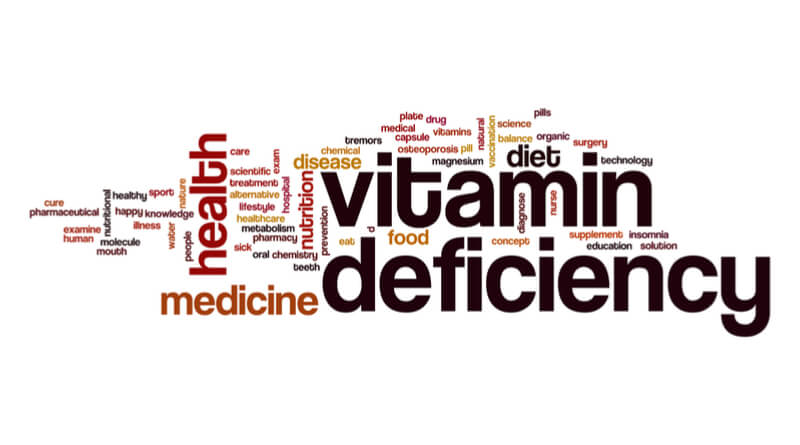One undisputed rule of living a healthy life, is that you are what you eat – or don’t eat. It is extremely important that you make sure your diet grants you all the proper nutrients your body needs. Vitamin and mineral deficiencies can cause major damage to your mental health and your mood. Keep on reading to find out how particular vitamin deficiencies can affects your mental health.
Vitamin D
Your vitamin D intake plays a major role in preventing and regulating shifts in mood and depression. A vitamin D deficiency can cause not only changes in mood, but it can also result in some chronic diseases, diabetes, autoimmune disease, high blood pressure, etc. The biggest reason for vitamin D deficiency is lack of sun exposure. Your body produces vitamin D naturally by converting the sunshine that contacts your skin into vitamin D. People who work night shifts or spend lots of time in the office are particularly prone towards vitamin D deficiencies.
B Complex Vitamins
A deficiency in B complex vitamins can lead to irritability, fatigue, and depression. All of the B vitamins are important in their own right, but vitamins B6, B12, and folate are particularly prone towards becoming deficient. Include B complex vitamins, leafy green veggies and animal products. If you are on a restricted diet, you may need to invest in a vitamin B complex supplement.
Iron
An iron deficiency can quickly lead to your body developing several symptoms resembling depression, such as, physical fatigue, mental fatigue, irritability and low mood. Iron deficiencies may play a role in postpartum depression as well. It is not uncommon for pregnant women to develop an iron deficiency. The best sources of iron are organ meats, like the liver or heart. You can also find vegetarian sources of iron: pulses, beans, fortified cereals.








